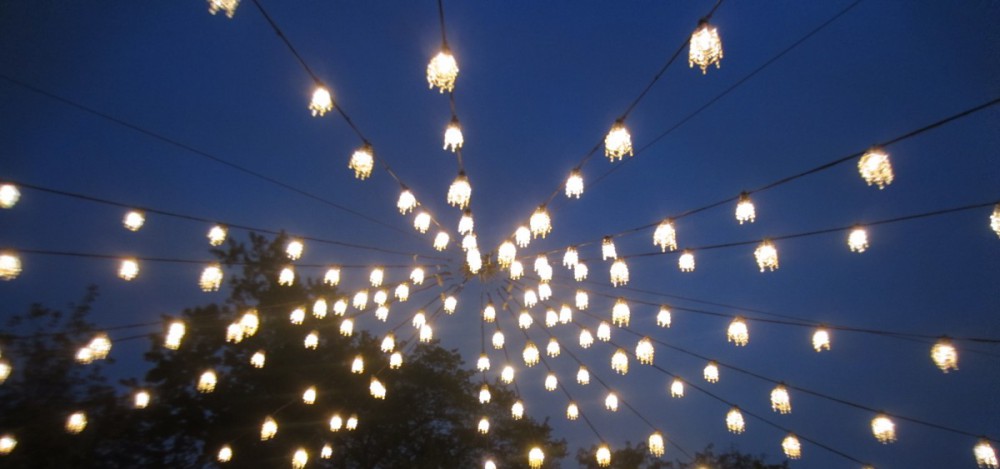Since the explosion of digital media, writing is more so referred to as the dying art. The shift from print to digital has severely affected writers of every medium. New media, digital media, digital journalism has changed the way stories are told, especially the ones told on the web. Although there are a few affordances that new media has contributed to there are constraints to it as well. One major affordances of digital journalism is it gives an author a chance to create content and have it distributed via the internet to millions of readers.
The world of journalism has changed drastically, journalism is not what it used to be. Nowadays, journalism is one of the most dangerous careers. Many journalist who want to report on foreign news are being tried overseas and many times killed. The ones who report domestically still face many of those problems. Journalists are also facing a hard time because many of the jobs are becoming contract based so there is no reason to have an in house journalist. The way journalist report current events has changed because of new technologies. Long ago, people relied heavily on receiving their news via major TV broadcasting channels or radio now many people receive there news via SMS, Smartphone Apps., emails, online forums, there is so much competition for journalist all around the world. Many of the ways we once communicated has seen a unforeseen change. The way information was once “fed” to readers/listeners has changed the way readers/listeners internalize information and use it. The amount of information that is available out there is terrifying. We are in this era of mass digital literacies, content overload, and big data that companies are spending billions of dollars to access information about their users like never before. Some of the information they pay to access and they become aware of may be detrimental to our health. As I think about the impact that these digital literacies has on the readers/listeners, I can’t help but wonder if our minds are becoming less stimulated and if the information seems mundane to us. It makes me think if we are really ever evolving with the internet. Certain sites have become so ordinary that the user may become disengaged and just passively surf the site. It could possibly affect the “mental” user experience. . .
As I read through “Photojournalism in the Age of New Media” by Jared Keller, I came across a quote that stood out, it read “News agencies are often happy with random snapshots from Egypt and they don’t necessarily need professional, thoughtful content all the time.” It made me think if images needs the content to explain it. For instance what if Frida Kahlo or Andy Warhol or Picasso had content to explain their works. . . would things have been different? Maybe pictures need words and vice-versa.
In essence digital media affects every career possible, each and everyone of us have to conform to the new technologies. Journalists have to wear many different hats than once before and social channels like Instagram and Periscope are making it incredibly easier to “showcase” your craft. It is a constant battle for journalist to create a authentic story that represents their uniqueness. To be honest, I miss the good ol’ days of when journalist strictly reported on current events instead of celebrity gossip and showing viral animal videos. In many ways they have lost a little of their credibility—what made them unique.



